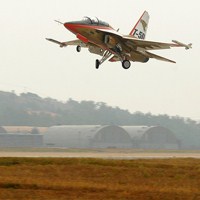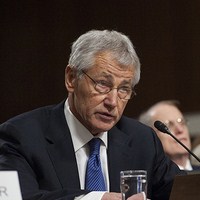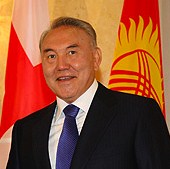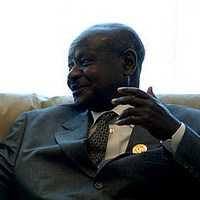
In his second annual report on the state of the NATO alliance, released at the end of January, and in his Feb. 2 speech to the 2013 Munich Security Conference, NATO Secretary-General Anders Fogh Rasmussen laid out a very ambitious current and future security agenda for the alliance, while stressing the need for NATO governments to sustain adequate defense spending to develop the capabilities needed to achieve the alliance’s goals. In this regard, Rasmussen identified four gaps where spending levels are producing capabilities deficits. The first is the traditional trans-Atlantic gap between the United States and its European allies, which […]
















